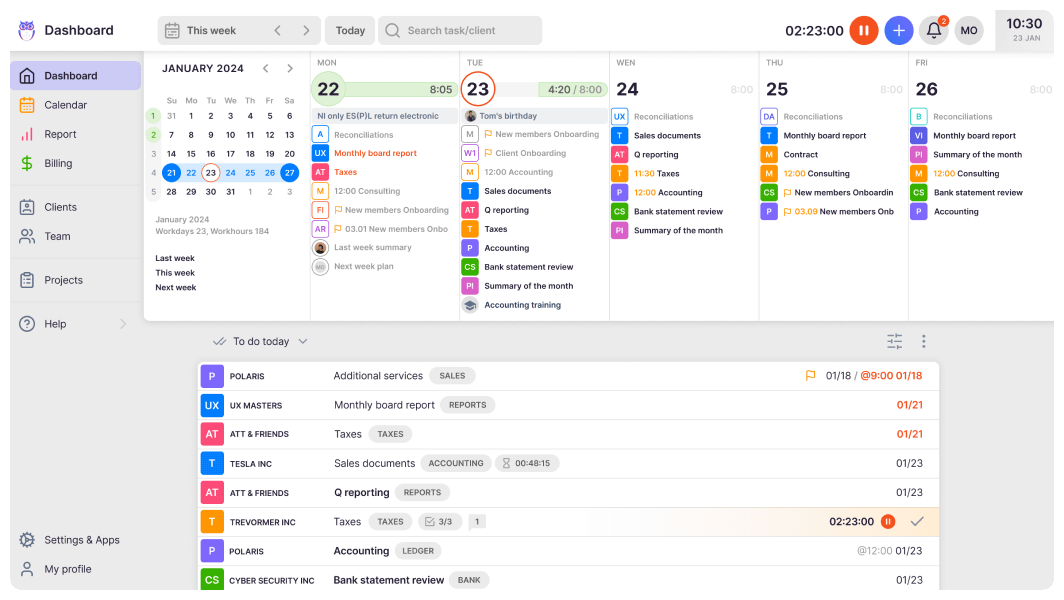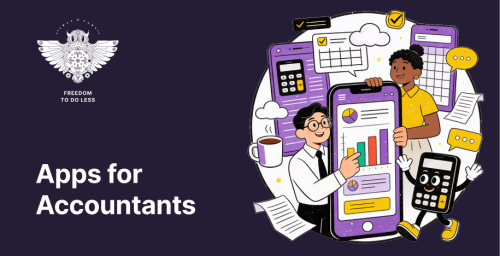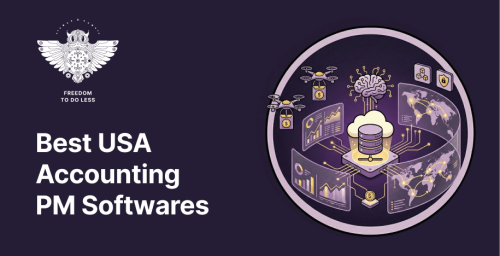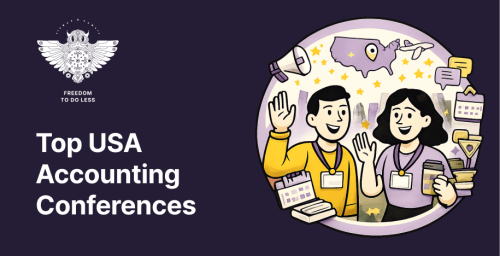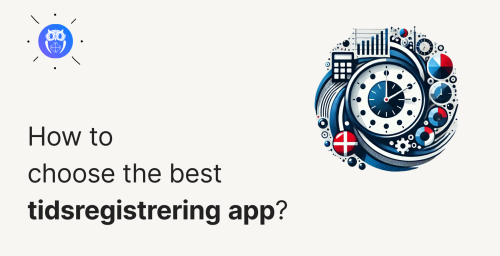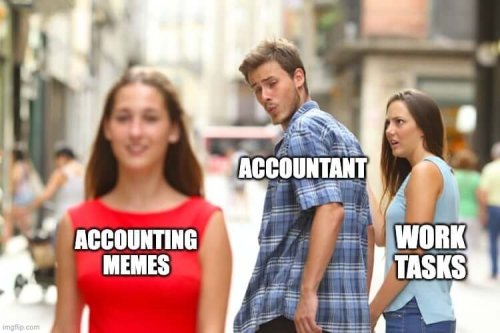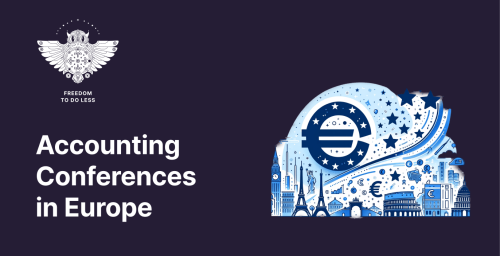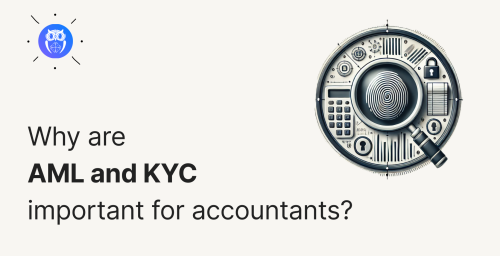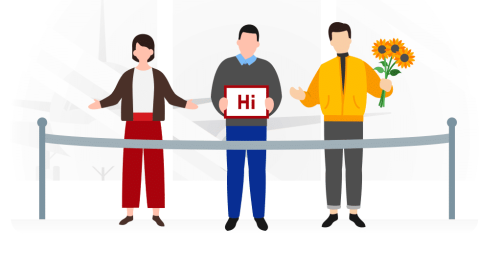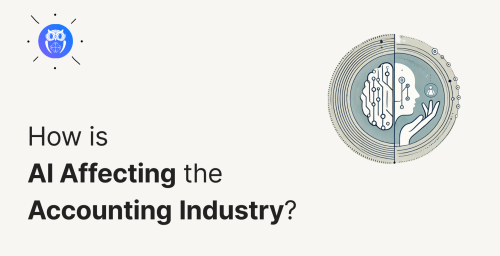Communication in accounting is important for effective collaboration, a no-stress work environment, and
Post summary:
- Collaborative accounting model
- Communication in accounting as a soft skill
- Accountancy is evolving
- How collaboration reduces workplace stress
Most accountancy jobs today require candidates who can demonstrate strong soft skills. One of the most important soft skills is communication, even in accounting.
Accountancy practices need excellent communication and listening traits, the ability to develop and maintain strong client relationships and work under pressure.
However, accountancy managers also need more candidates to demonstrate that they can collaborate effectively with one another. Meaning, collaboration is set to become a soft skill of the future.
A collaborative accounting model is where accountancy firms work together in real-time – removing time and distance boundaries to collaborate and complete tasks with ultimate efficiency.
Collaboration is critical when people and teams don’t sit together at the same physical location.
With the world still in the grip of the global pandemic, demand for greater virtual collaboration will only continue in the next few years. Teams are becoming more geographically dispersed and evolved to work more from other locations.
Accountancy practices are also witnessing a trend for outsourcing accounting work to other firms to meet busy deadlines. A firm requires a high degree of collaboration internally and externally.
Communication in accounting is a soft skill
Collaboration as a skill set is more than clear communication in accounting between colleagues and external stakeholders.
Collaboration requires problem-solving, taking responsibility for specific tasks within a client’s case, empathy recognising a colleague’s stress levels and identifying workflow bottlenecks.
The need to be effective at working in a team seems self-evident.
Collaboration involves many other implicit skills. Understanding business situations, defining data needs, delivering on those needs, and communicating financial information implications using non-jargon to others.
Collaboration is an all-round and demanding skill set because projects involving working together across departments is challenging. Different parties may have other priorities, skill sets and conflicting personality traits.
Other challenges include managing stress arising from crises and prioritising conflicting deadlines throughout the company.
Yet, establishing and maintaining productive working relationships within the business will be intrinsic to supporting a sustainable business model.
Forward-looking accountancy practices ensure that their accountants receive a breadth and depth of experience collaborating with other colleagues and using the latest practice management software to support this business model.
How accounting is evolving
Accountants have been adept at moving with the pace of the industry, mainly when using technology.
Previously, clients were submitting paper documents, followed by accounting professionals updating those documents into a ledger and producing financial statements.
Then the industry moved into the software age. Software was installed on desktop computers, where “backup and restore” became the catch-word of a business generation; before moving on to connecting a few computers before being part of a vast network of them.
Then came the internet, where files could be sent online, replacing faxes and posting. Nowadays, it’s about the cloud and mobile apps (there seems to be an app for everything!)
Whilst evolving technology can be overwhelming, each move forward has been necessary to transition accountancy firms to ace the demands of their generation; namely supporting highly productive workflows and exceptional client service.
This technological continuum was also paramount in advancing the collaboration model within accounting.
Newer technologies empower accounting practices to serve their clients more productively, efficiently and with greater speed. In return, practices can accurately record data and documents, yet offer more value-added services to their clients, increasing billable hours and client satisfaction.
This collaboration would not have been possible without cloud technology innovations and integrations.
Uku is a great example.
Clients can access Uku from anywhere and at any time to work on a client’s tasks. Simultaneously, other accountants within the firm can access the same client’s information with real-time views to correct issues or gain insight into their billing status.
Collaboration tools or a collaborative mindset?
The cornerstone of an effective collaboration team is communication. Lacklustre communication in accounting, both internally and externally, is a significant source of inefficiency.
Collaboration tools and a collaborative mindset should streamline how an accounting team communicates; it should be consistent and visible.
Encourage the accounting team to spend additional time communicating together, whether in person, via chat apps, or even by a telco. Even if the teams work remotely, they can still communicate if they have the right tech tools.
Tech tools help build relationships, which encourages staff to appreciate everyone else’s work. It’s also vital if you want to help the team grow and develop into better accountants.
When a project relies on a multitude of people, it’s pivotal that each task is assigned to one accountant. Suppose practice managers don’t adopt this technique. In that case, there will undoubtedly be confusion over who is responsible for specific tasks and inaccuracy, and human error will creep in.
Critically, there should be one project owner who takes responsibility for those who work with their client.
Having more than one person responsible for a client, or worse, nobody at all leaves a reduction in service quality, deadlines are missed. Company stress levels rise as does the finger-pointing of who was to blame.
Communication in accounting reduces accountants stress
Technology is a blessing and a curse. Those interruptions that occur on screen is one of the problems technology has created.
Furthermore, the increasingly collaborative nature of work can cause stress when a workflow involving many people breaks down. Someone has to be accountable for it. Most often, though, the problem is not people, it is the process itself.
Hence it is more of a mindset to begin collaborating with other accountants on projects. Collaboration brings a combination of a customer relationship, efficiency, and expertise together to not only better serve clients, but ensure that workloads are shared.
Critically, each involved team member understands their input, so should a delay occur; there is no need to blame others.
Avoiding workplace stress is a familiar theme from accountants, with 1 in 3 citing stress-inducing reasons for not performing effectively.
Collaboration then is not only a productive mindset; it fosters greater efficiency and a stress-reduced business environment.
Final thoughts
Today, the clients we serve enjoy close collaboration in many other sectors, including social media, banking, e-commerce and SaaS.
The current generation can speak directly with service providers. It’s now the same with accounting – practices must be transparent, mobile and agile.
Accounting is already succeeding in this sector, but only if the entire accounting firm collaborates to foster a collaborative environment.
To successfully implement collaboration within a practice, the right technologies are required. The ability to work in real-time elevates the customer experience to new service levels.
This is where accounting firms of the future genuinely differentiate themselves.









